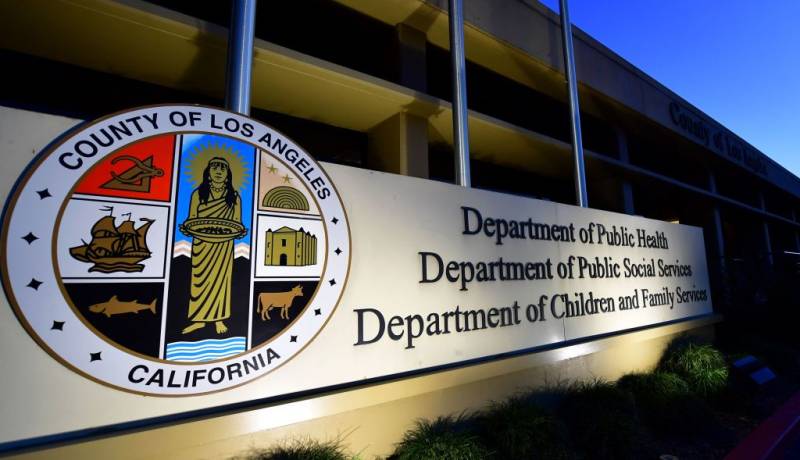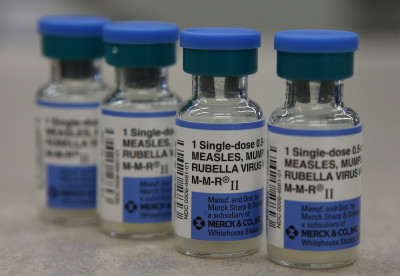Symptoms include a runny nose, swollen eyes and a cough. People with measles may also experience intense headaches, body aches and fever, similar to COVID-19 and influenza. In many cases, however, the symptoms associated with measles tend to be more severe and also include rashes that spread throughout the body.
Measles can also lead to serious complications, Swartzberg said, noting that one in a thousand measles cases in the U.S. results in death. For people who are immunocompromised or malnourished, mortality rates can go up to 5% to 10%, he said. Contracting measles can also lead to secondary infections such as pneumonia and subacute sclerosing panencephalitis, a type of rare brain inflammation that is especially fatal among young children.
Measles prevention requires a high level of immunization — around 95% — in order to prevent high levels of outbreaks, Swartzberg said. With just two doses of the measles vaccine, a person can have lifetime protection against the virus.
In the U.S., vaccination rates have plummeted over the last 20 years, he said. Even in California, which has mandates in place requiring school-age children to receive certain vaccinations, there are pockets of the state where vaccination rates are below 95%. In West Texas, where some of the largest outbreaks occurred, communities have immunization rates that dip below 50%.
Swartzberg said getting vaccinated is the most effective defense against getting sick.
“Measles harms not only the individual but also the community,” Swartzberg said.
“This vaccine has proven to be incredibly safe and unbelievably effective because it lasts so long and it works so well … People have a responsibility to themselves, to their children and to their community.”


